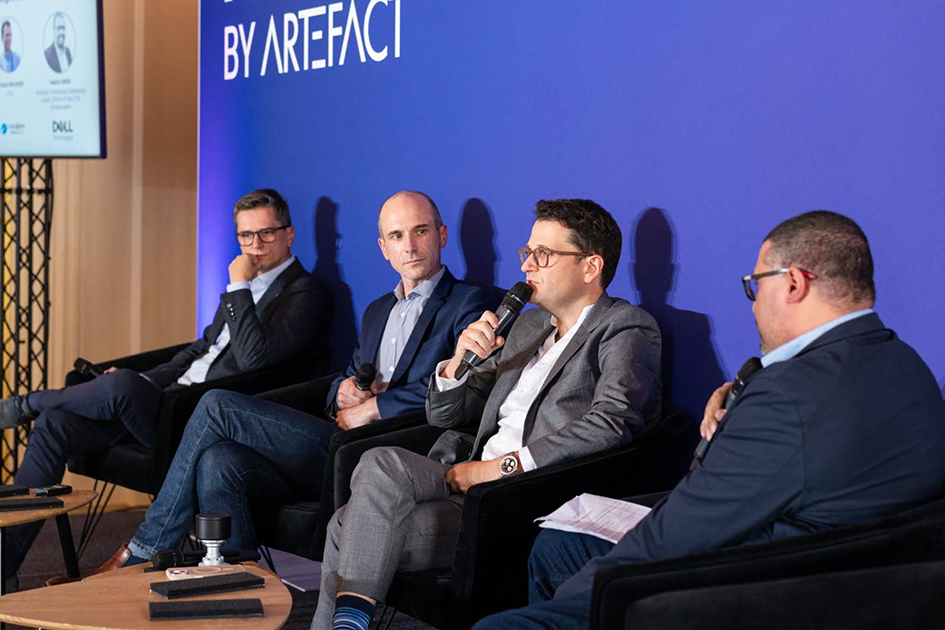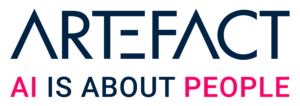AI for Industry Summit by Artefact - September 17th, 2024 - Paris
Key learnings from the panel discussion with Wojciech Janusz, EMEA Data Science and AI for Industry Specialist at Dell Technologies, Hakim Dridi, Industrial Technical Community Lead – Office of the CTO Ambassador at Dell Technologies, Pierre-Yves Le Morvan, Industrial and Manufacturing Lead for France at Nvidia, and Mickaël Meunier, CTO at Sodern (Ariane Group).
Introduction to AI in Industry
The panel discussion on “AI in the Industry: From Challenges to Success” brought together four experts who explored the integration of AI in industrial settings, highlighting both the challenges and successes faced by different organizations. Wojciech Janusz from Dell Technologies, Hakim Dridi from Dell’s Office of the CTO, Pierre-Yves Le Morvan from Nvidia, and Mickaël Meunier from Sodern (Ariane Group) shared their insights, focusing on real-world use cases, challenges, and future outlooks for AI in industrial environments.
AI at Sodern, space optronics and neutron generation
Mickaël Meunier introduced Sodern, a subsidiary of Ariane Group, and described how AI is deeply embedded in their products, especially in fields such as neutron generation and space optronics. AI has been used for years within their products, but the company is now working on accelerating the broader adoption of AI for business applications. This includes enhancing operations with AI tools, especially as the industry transitions toward more AI-driven solutions.
Dell’s use cases – predictive maintenance and supply chain optimization
Wojciech Janusz from Dell provided two key use cases for AI in their factories. The first use case focuses on predictive maintenance, where AI models predict the failure of components in advance, reducing test time and optimizing resource use. The second involves supply chain optimization using AI and digital twins, enabling just-in-time manufacturing by predicting the exact timing of components, workforce, and other resources. These use cases highlight how AI improves efficiency and cuts costs in Dell’s operations.
Nvidia’s Role – a platform for AI across industries
Pierre-Yves Le Morvan of Nvidia emphasized that AI is pervasive across industries and departments, impacting production, engineering, and beyond. Nvidia’s role is to provide a platform that allows industries to focus on their specific AI use cases, supporting everything from data processing to deployment. AI solutions are not only hardware-based but also encompass software ecosystems that enable companies to leverage their data and optimize processes across the value chain.
Challenges of AI implementation
One of the key challenges faced in implementing AI is security, as Mickaël Meunier pointed out. For companies like Sodern, which operate in sensitive environments, stringent IT rules require on-premise solutions. Another challenge is the prioritization of use cases amidst a wide range of potential AI applications. Additionally, Hakim Dridi from Dell emphasized that while technology is often not the issue, people and processes pose the greatest challenges. Successful AI implementation hinges on making workflows simpler for employees and ensuring AI solutions do not disrupt day-to-day operations.
AI roadmap at Sodern, four vertical focus areas
The discussion also delved into AI’s future in manufacturing. Meunier shared Sodern’s AI roadmap, which focuses on four verticals: AI for daily operations, AI-augmented product design, AI-driven manufacturing, and AI integrated into their products. These developments are critical for companies like Sodern, particularly in the evolving space sector, where AI is essential to address challenges like debris and non-cooperative activities in space missions.
Advice for companies starting their AI journey
Finally, the panelists shared advice for companies looking to embark on their AI journeys. Meunier stressed the importance of curating data but also urged companies not to wait for perfect data to get started. Wojciech advised businesses to focus on people and processes before worrying about technology, while Pierre-Yves highlighted the need to stay curious and adaptable, as AI technology evolves rapidly. Overall, the discussion offered a comprehensive view of how AI is transforming industries and the steps organizations need to take to harness its full potential.

 BLOG
BLOG



